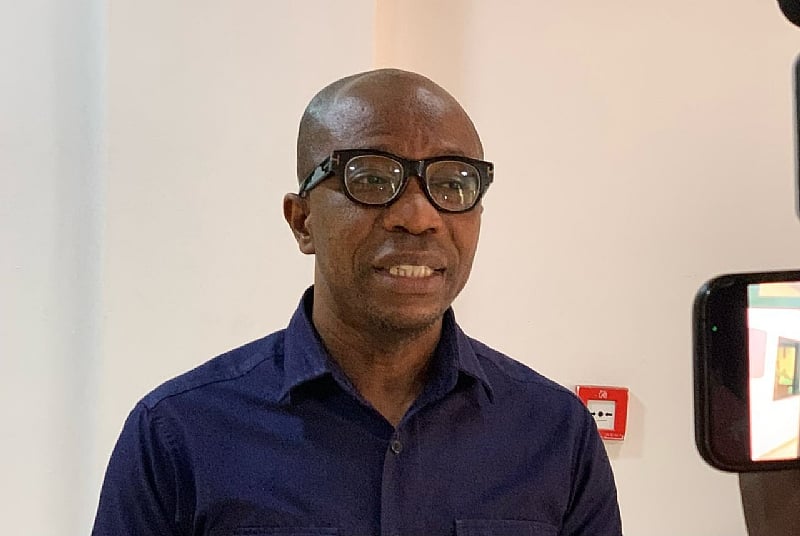As donor support for public health emergencies declines, the government has been urged to take immediate action to mobilize domestic resources.
This call was made by Rex Manu Yeboah, Deputy Director of the Ministry of Local Government, Chieftaincy, and Religious Affairs, during SEND Ghana’s National Dialogue on Public Health Emergency Financing in Accra on Wednesday, February 26.
He emphasized the importance of the government transitioning from an overreliance on donor-driven finance, which has rendered many public health efforts vulnerable.
“Our health sector has been largely donor-driven, and we have over-relied on external support to the extent that we are not able to organize ourselves to take care of it,” he said, adding, “With USAID funds now withdrawn, it is perhaps a blessing in disguise, pushing us to rethink and find innovative ways to mobilize internal revenue to fund public health emergencies.”
Mr. Yeboah underlined that current legislation, such as the Local Government Act, Public Health and Sanitation Act, and NADMO Act, require Metropolitan, Municipal, and District Assemblies (MMDAs) to allocate monies for health-related concerns.
He, however, pointed out that many assembly have struggled to set aside finances for emergencies due to competing priorities.
He asked for a policy that necessitates a specific amount of the District Assemblies Common Fund (DACF) be committed to public health emergency preparedness.
“If we should have a fixed percentage of the Common Fund allocated for public health emergencies, it becomes a law that can be enforced. But currently, there is no such standardized percentage, and it is left to the discretion of the assemblies,” he explained.
Mr. Yeboah further urged MMDAs to adopt innovative strategies to boost internally generated funds (IGF) to support public health financing.
“It is always better to invest in prevention and preparedness than to wait and respond to full-blown epidemics, which will be even more difficult to manage,” he noted.


